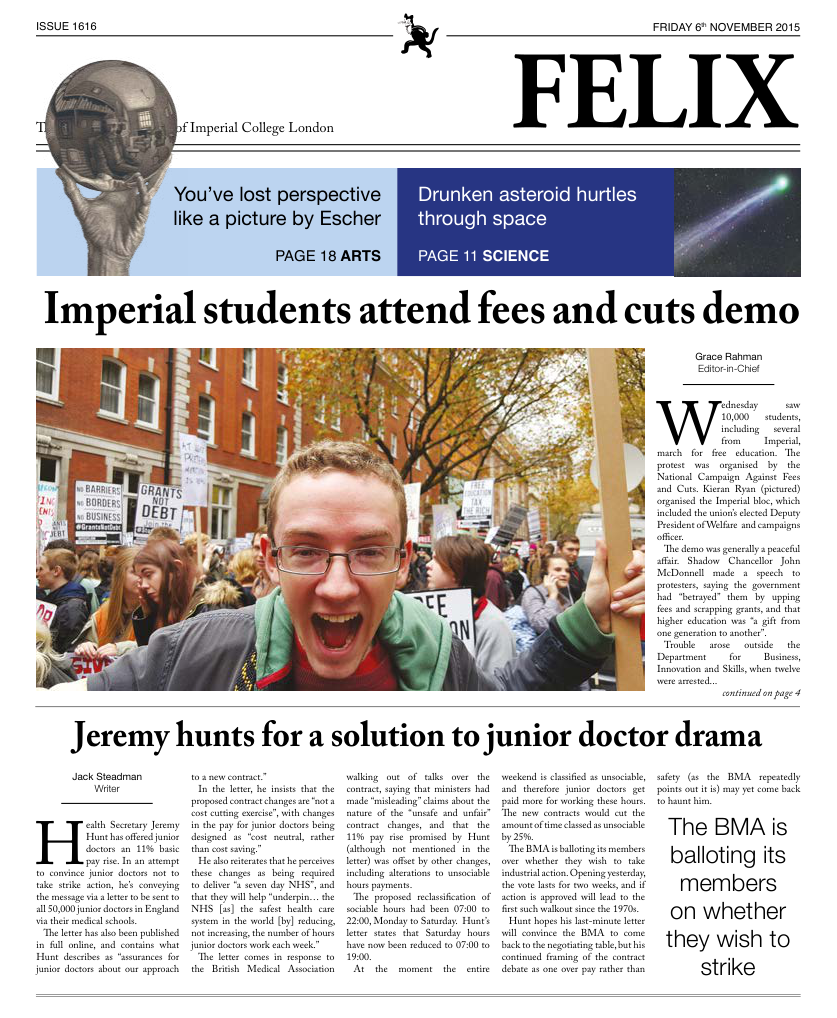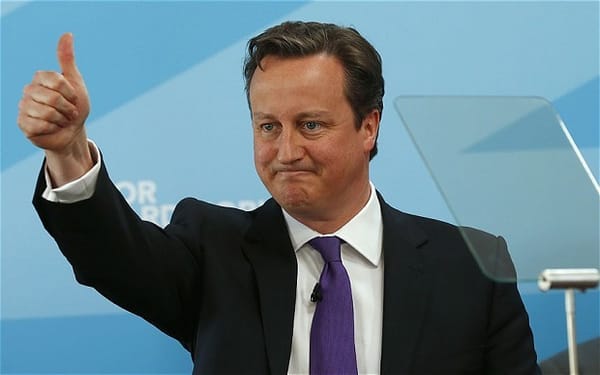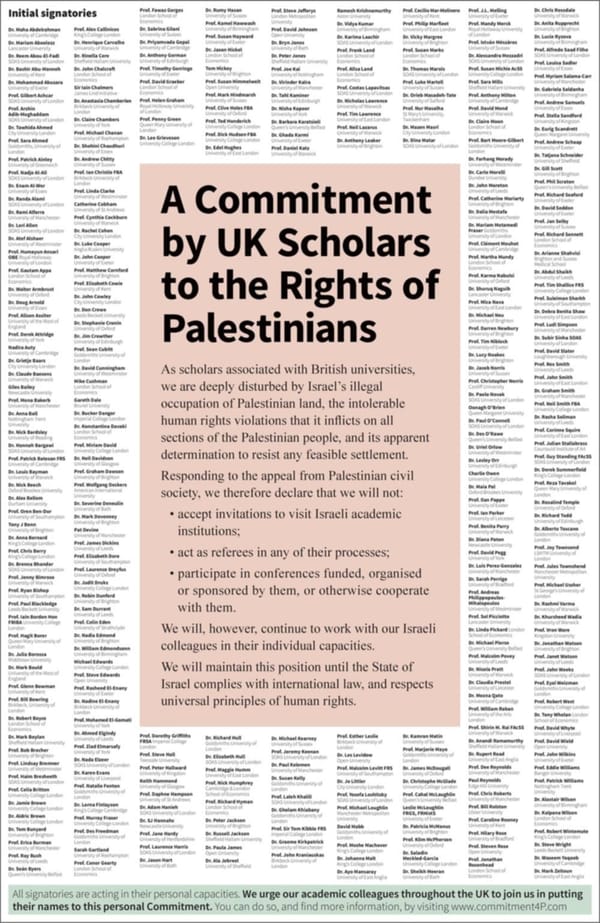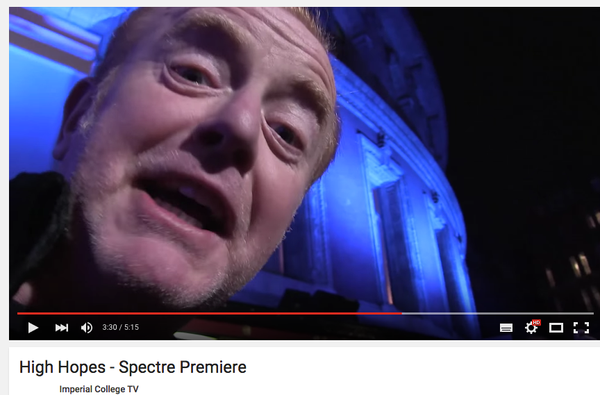Jeremy hunts for a solution to junior doctor drama
An 11% rise in basic pay might not be enough
Health Secretary Jeremy Hunt has offered junior doctors an 11% basic pay rise, having cut the hours classified as 'unsociable' meaning that some will actually get a pay cut of as much as 15%. In an attempt to convince junior doctors not to take strike action, he’s conveying the message via a letter to be sent to all 50,000 junior doctors in England via their medical schools.
The letter has also been published in full online, and contains what Hunt describes as “assurances for junior doctors about our approach to a new contract.”
The BMA is balloting its members on whether they wish to strike
In the letter, he insists that the proposed contract changes are “not a cost cutting exercise”, with changes in the pay for junior doctors being designed as “cost neutral, rather than cost saving.”
He also reiterates that he perceives these changes as being required to deliver “a seven day NHS”, and that they will help “underpin… the NHS [as] the safest health care system in the world [by] reducing, not increasing, the number of hours junior doctors work each week.”
The letter comes in response to the British Medical Association walking out of talks over the contract, saying that ministers had made “misleading” claims about the nature of the “unsafe and unfair” contract changes, and that the 11% pay rise promised by Hunt (although not mentioned in the letter) was offset by other changes, including alterations to unsociable hours payments.
The proposed reclassification of sociable hours had been 07:00 to 22:00, Monday to Saturday. Hunt’s letter states that Saturday hours have now been reduced to 07:00 to 19:00.
At the moment the entire weekend is classified as unsociable, and therefore junior doctors get paid more for working these hours. The new contracts would cut the amount of time classed as unsociable by 25%.
Junior doctors have continued to dispute Hunt's framing of the argument to one about pay. The BMA's Junior Doctor Committee chair said:
"This dispute is not, and never was, solely about pay. It is about agreeing a contract that is safe and fair and [that] delivers for patients, junior doctors, and the NHS."
The BMA is balloting its members over whether they wish to take industrial action. Opening yesterday, the vote lasts for two weeks, and if action is approved will lead to the first such walkout since the 1970s.
Hunt hopes his last-minute letter will convince the BMA to come back to the negotiating table, but his continued framing of the contract debate as one over pay rather than safety (as the BMA repeatedly points out it is) may yet come back to haunt him.








